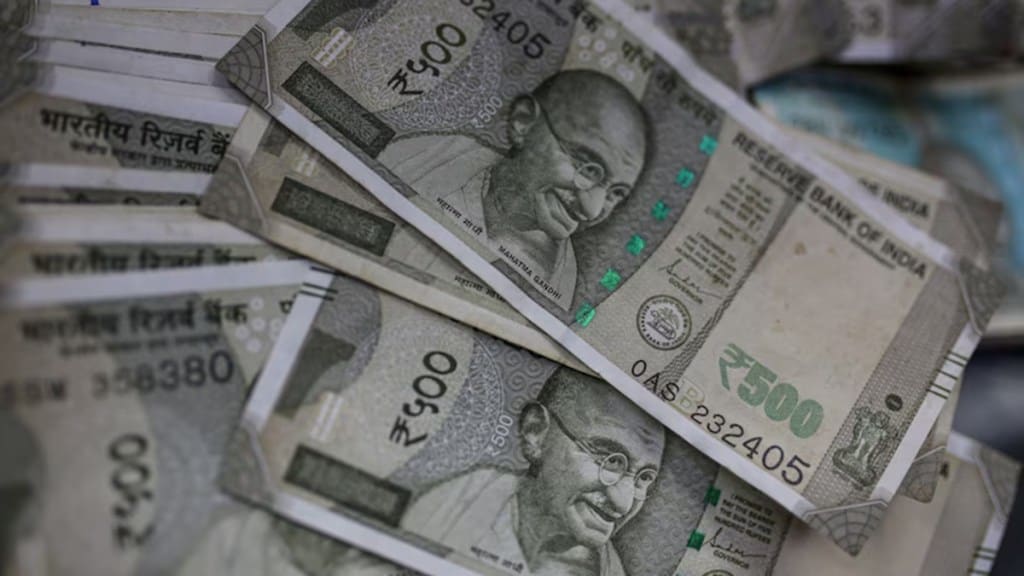State finance ministers have sought an increase in the allocation for 50-year interest free loans, a hike in borrowing limits to support fiscal spending, in their meeting with Union finance minister Nirmala Sitharaman here.
In the pre-Budget (FY26) meet, Punjab and Kerala also sought special financial packages given their fiscal stress, said the sources.
Some states requested for “more flexibility” in the special assistance for capital investment (SASCI) scheme, to support states’ capex in priority sectors.
In the Budget for 2024-25, Sitharaman had hiked the allocations for interest-free loans to states for capital expenditure, enabling states to spend more on infrastructure and specified reforms. The allocation was hiked to Rs 1.5 lakh crore, up from disbursal of Rs 1.10 lakh crore made in 2023-24.
Kerala Finance Minister KN Balagopal said at the meeting that financial implications of multiple centrally sponsored schemes (CSS) being undertaken in states in a cost-sharing pattern is proving to be a serious handicap for the state. “Most of the states need to find these funds from within their borrowings which in effect crowds out many other proposed developmental initiatives,” he said. For instance, Jal Jeevan Mission works currently being undertaken in Kerala need about Rs 17,500 crore as state share over next two years. As there is financial stress and limit to state borrowings, this flagship program of India and Kerala cannot be completed in time and more than Rs 12,000 crore of present investment might become unproductive, said Balagopal. “In order to complete such works, it is urged that such financing requirements in CSS schemes may be allowed over and above state borrowing limits,” he added.
Further, some states highlighted the need for state-specific road and rail development projects; and urged the Centre to increase the honorarium paid to Accredited Social Health Activists (ASHA) workers.
Some states also asked the central government to bear a larger share of land acquisition costs for projects. And some emphasized the need for additional funding for disaster relief.
On the need for revamped borrowing modality, some states said that the Government of India has adopted a new methodology from 2022-23 onwards for arriving at the eligible amount of open market borrowing.
Accordingly, three-year average of net accrual in public account is considered. This new method is adversely affecting the borrowing space of the state, said sources.
“A drastic reduction has occurred in the current year open market borrowing space because of this. Hence it is urged to dispense with this system and to take the previous years particulars of audited accounts for estimating public account accruals for succeeding years,” said a source.

